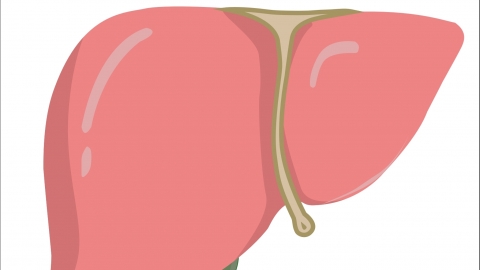Is there a relationship between cholecystitis and anger?
In general, there may be some association between cholecystitis and anger, but anger is not a direct cause. Whether anger can trigger cholecystitis depends on individual health status, duration of emotional distress, and underlying medical conditions. The detailed analysis is as follows:

If an individual already has underlying conditions such as gallstones or chronic cholecystitis and frequently experiences negative emotions like anger or anxiety over a long period, cholecystitis may be triggered. Negative emotions can lead to autonomic nervous system dysfunction, causing abnormal gallbladder contractions and impaired bile excretion. Bile stasis can irritate the gallbladder mucosa, and combined with pre-existing conditions, this increases the risk of gallbladder inflammation, leading to symptoms such as right upper abdominal pain and nausea.
If an individual has normal gallbladder function and no underlying conditions, occasional brief episodes of anger typically do not trigger cholecystitis. A healthy gallbladder has good contractile and excretory functions, and short-term emotional fluctuations have minimal impact. The body can self-regulate and return to normal without causing inflammation or functional abnormalities in the gallbladder mucosa.
In daily life, it is important to manage emotions properly and avoid prolonged anxiety or anger. Stress can be relieved through physical activity, listening to music, or other relaxation methods. Maintain regular eating habits, avoid overeating, and reduce intake of high-fat and high-cholesterol foods to lessen the burden on the gallbladder. Individuals with pre-existing gallbladder conditions should undergo regular follow-up examinations to monitor gallbladder health. Seek immediate medical attention if symptoms such as right upper abdominal pain, fever, or jaundice occur. Follow medical advice regarding medication use to control underlying conditions and reduce the risk of triggering cholecystitis.




